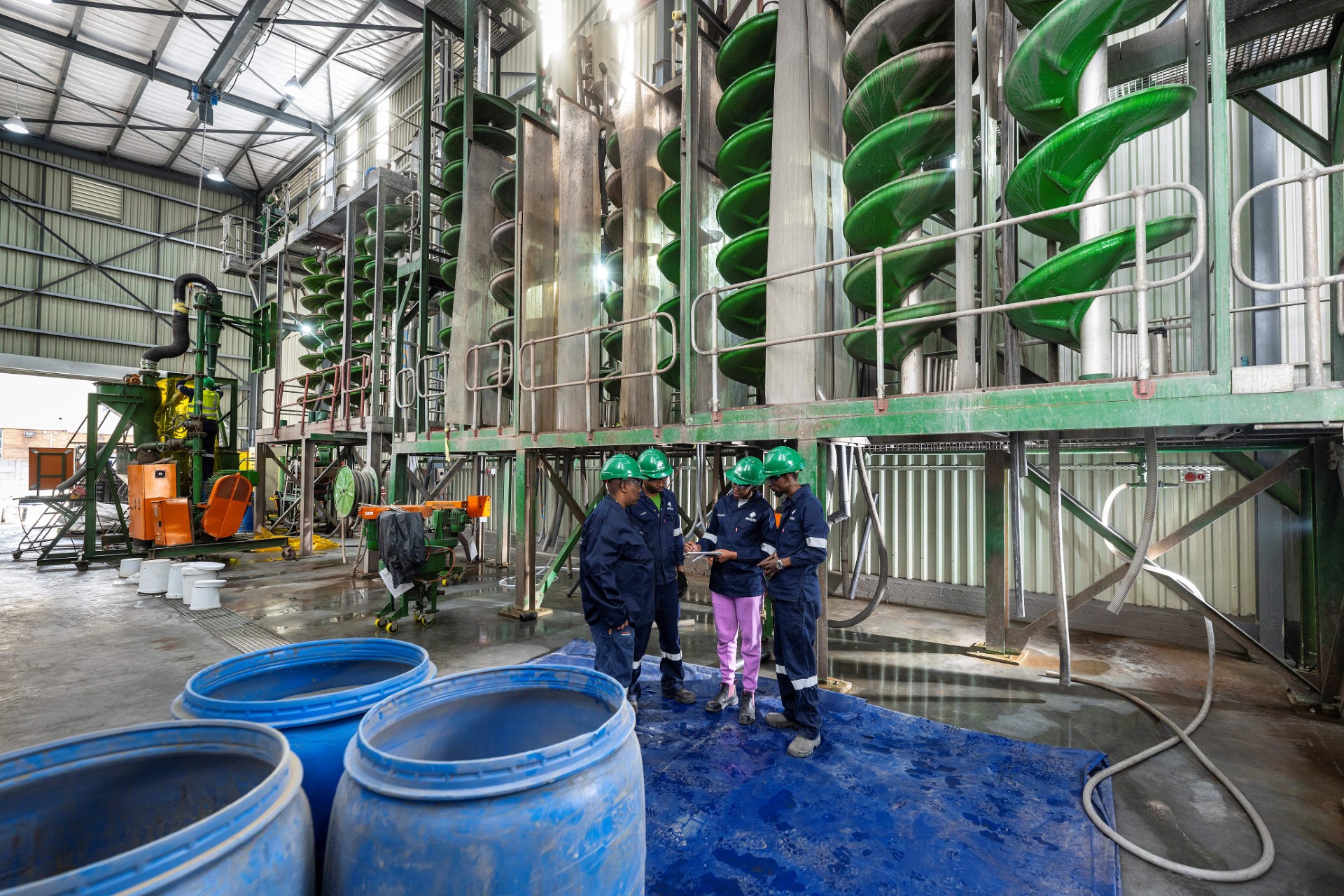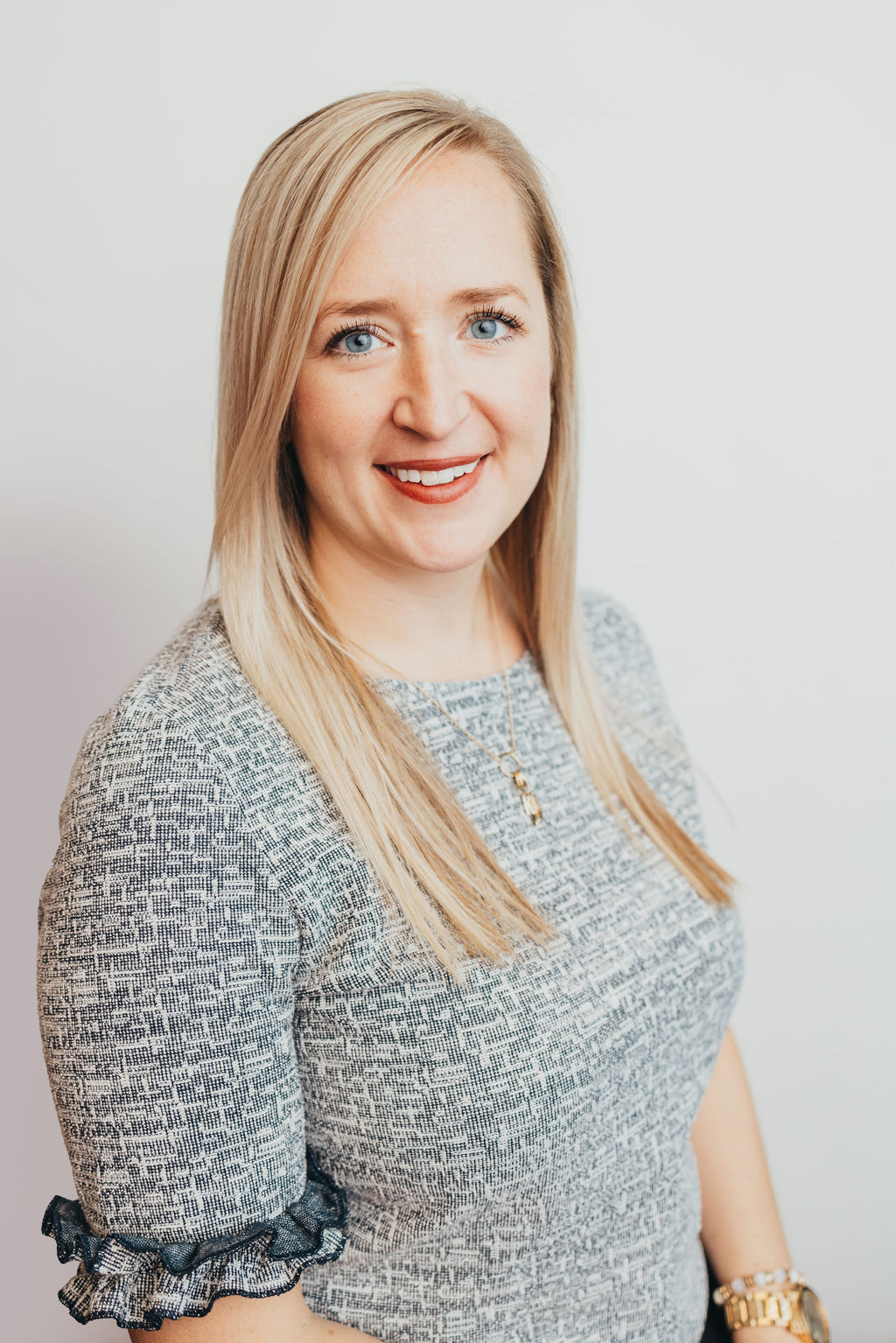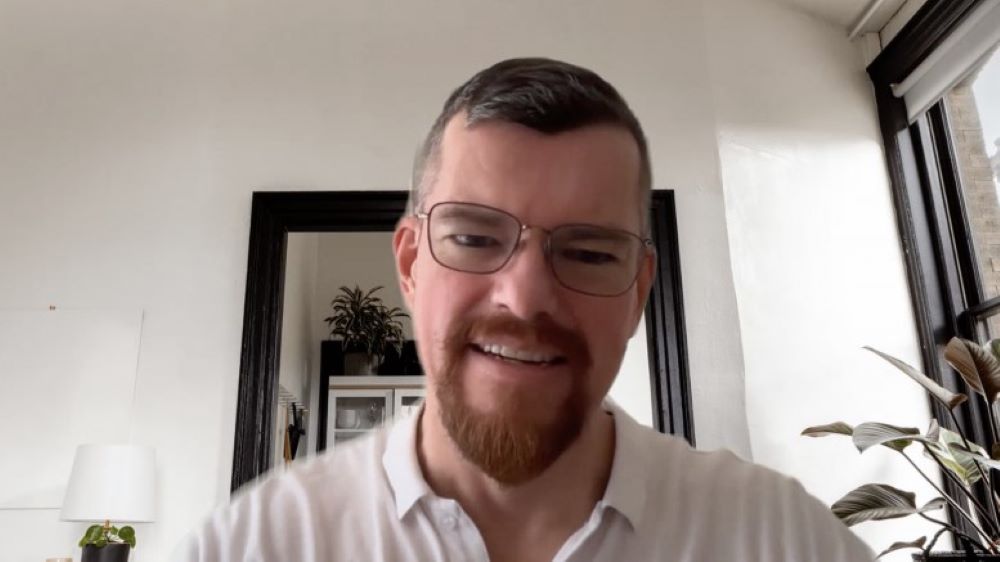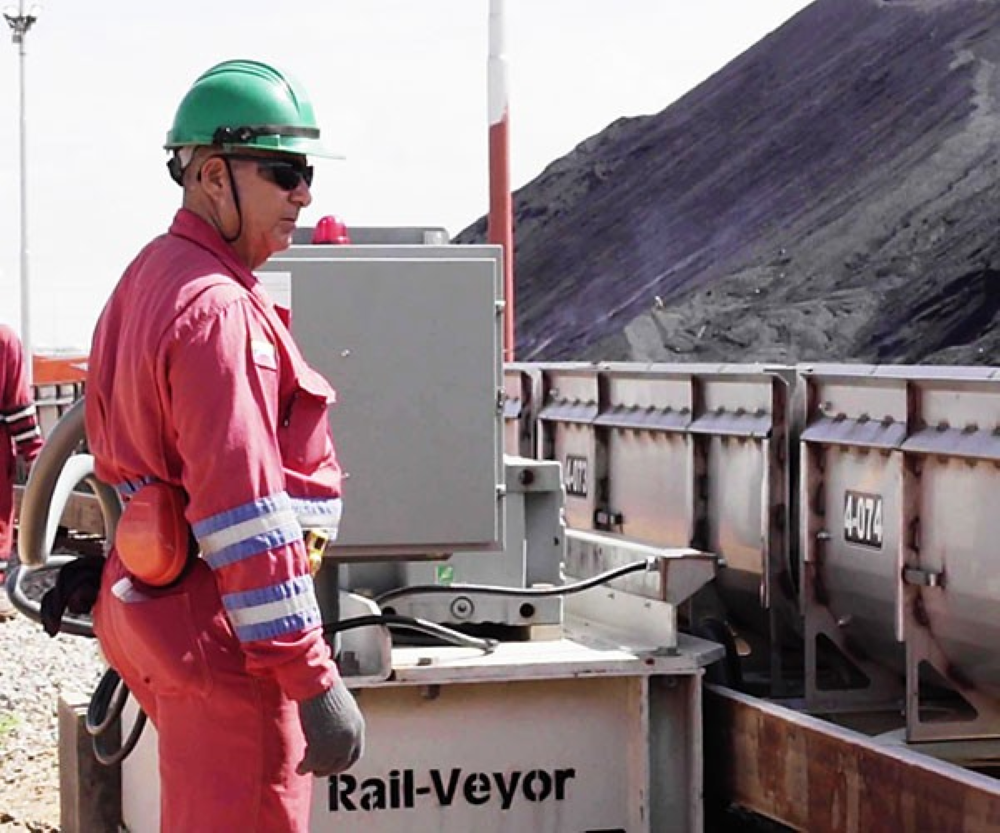Caring for an ailing workforce
It is difficult to accurately determine infection rates, but models show that about 30% of the sub-Saharan general population is infected with HIV or AIDS, with likely a much higher rate among working people. The employees of South Deep probably have about a 25% infection rate.
It would be easy to despair of finding any solution to this pandemic, and one could understand a company pulling out. However, in South Africa, particularly among the mining companies, a strong effort is underway to reduce the spread of the disease, and to ease the suffering among mine workers and their families. George Paspalas, Placer Dome’s executive vice-president for Africa, described his company’s efforts at South Deep.
“The Joint Venture has done a lot of work to increase awareness,” says Paspalas. “We create awareness and provide education and training on HIV/AIDS to employees and to our local and labour-sending communities,” he says. “We have our own medical clinics on site. We offer and encourage employees to have voluntary counselling and testing. We offer advice on wellness management services, which include nutrition, hygiene and sexual practices. We manage and offer treatment for sexually transmitted infections to employees and high risk local communities (including sex workers). We distribute male and female condoms at all the toilets. We have developed and supported local partnerships including other gold mining companies, Dept. of Health and local authorities to jointly fight this pandemic. The list goes on as we and the industry realize the impact HIV/AIDS is having on our employees and in turn our business.
“You also have to do something about the situation you’re in,” he continues. “We recently launched an antiretroviral drug treatment program.” While antiretroviral drugs have been used to slow down the advance of AIDS and can extend a person’s life by as much as six years, the problem with HIV/AIDS is that effective management of the disease requires taking a suite of drugs in a controlled manner for a long period. “That’s why we haven’t been providing the drugs for people before now. If you don’t administer the antiretrovirals properly, you can actually create a whole host of new problems.
“The other thing we’re doing is working with dieticians and nutritionists to maximize the quality of food that is provided to our people who live in hostels on the mine site. The better the nutrition level, the greater chance of resisting infection, or the better quality of life you have if you are infected.”
About the HIV/AIDS program, Paspalas says, “You can say it’s the right thing to do morally, but also it’s good business sense. Sometimes you have to forego short-term profit and spend a little more money on a project like this that will win you huge benefits in the future.”
There is an important economic aspect to the disease. Many of the miners are the sole financial support for as many as 20-30 family members. There comes a time when an infected employee can no longer earn an income, landing all the dependents in poverty. To delay this, many workers refuse to be tested, and continue to work until they are very ill.
At South Deep mine a program called Care II was introduced in 2000 to ease suffering and prevent families being thrown into crisis. The program builds on the success of the original Care program but with a focus on HIV/AIDS, by creating an environment in which workers are comfortable to come forward earlier for testing and treatment with antiretrovirals. A person who elects to come out of the workforce can nominate a proxy whom the mine will then train to be economically active, providing continuity of income for the extended family.





Comments